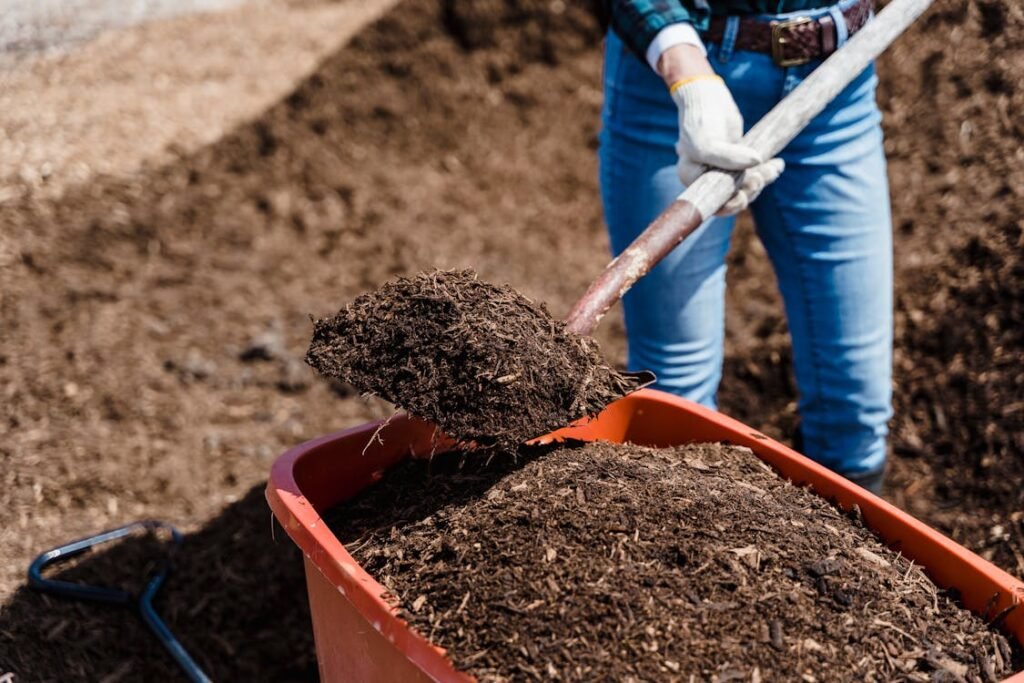I am sure you’ve heard about the word ‘garden gold’. It is nothing but a compost prepared by decayed kitchen waste. The process is simple and can be handled by anyone of any age group. For those interested in learning more, here is the information you might need.
Let’s begin by defining the compost?
What is garden gold?
Garden gold is organic manure made up of decayed materials from our kitchen such as vegetables, aromatic & medicinal plants. However, it must be noted that the elements are not just restricted to the kitchen, plant nurseries also make a significant contribution.
Why is composting important?
With the growing population, the quantity of kitchen scraps is also on the rise. An easiest and effective method to get over is composting. Although the local administrations try their best to recycle these materials. However, the amount sometimes is so big that it turns out troublesome leaving a sizeable amount behind. The developing are especially facing this situation.
To combat it, composting at home is recommended.
What Can Be Composted?
Not everything can be laid for decaying. There are a few things you should avoid completely.
Green Materials: Kitchen scraps like fruit and vegetable peels, coffee grounds, eggshells.
Brown Materials: Yard waste like dry leaves, shredded newspaper, cardboard.
What to Avoid: Meat, dairy, oily food, and diseased plants to name a few
How to Start Composting
There are a few different methods for composting, including but not limited to:
Choosing a Method
Compost Bin or Pile: These are traditional methods and are ideal for backyards.
Indoor Composting: Use small bins or vermi-composting (worm composting) for the apartment dwellers.
Location
A sunny area with good drainage is extremely important for outdoor composting.
Layering the Compost
To reap the benefits, the balance of “greens” (kitchen scraps) and “browns” (dry materials) is found to be effective. This essentially means that you should lay a layer of dry materials such as dried leaves (cardboards of newspapers can also be used) and then top it with the kitchen leftover greens.
How to Maintain Your Compost Pile
Turn the Pile: Aerating is needed to make the compost as it helps speed up decomposition.
Check Moisture Levels Regularly: apart from the air, moisture plays a significant role in keeping compost moist . Use a wrung-out sponge but make sure you don’t make it too soggy.
Signs of a Healthy Compost
You have done everything right but are now clueless whether your compost pile is ready to be used. Here’s what you should check:
Smell:- it should have no bad odors
Color: the decayed garden gold is dark in hue
Texture: it is crumbly on touching
How Long Does Composting Take?
Time-frame: Composting can take several months to a year depending on conditions such as weather, turning, and material mix.
To speed up the process, consider more frequent turning, and using smaller pieces of materials.
